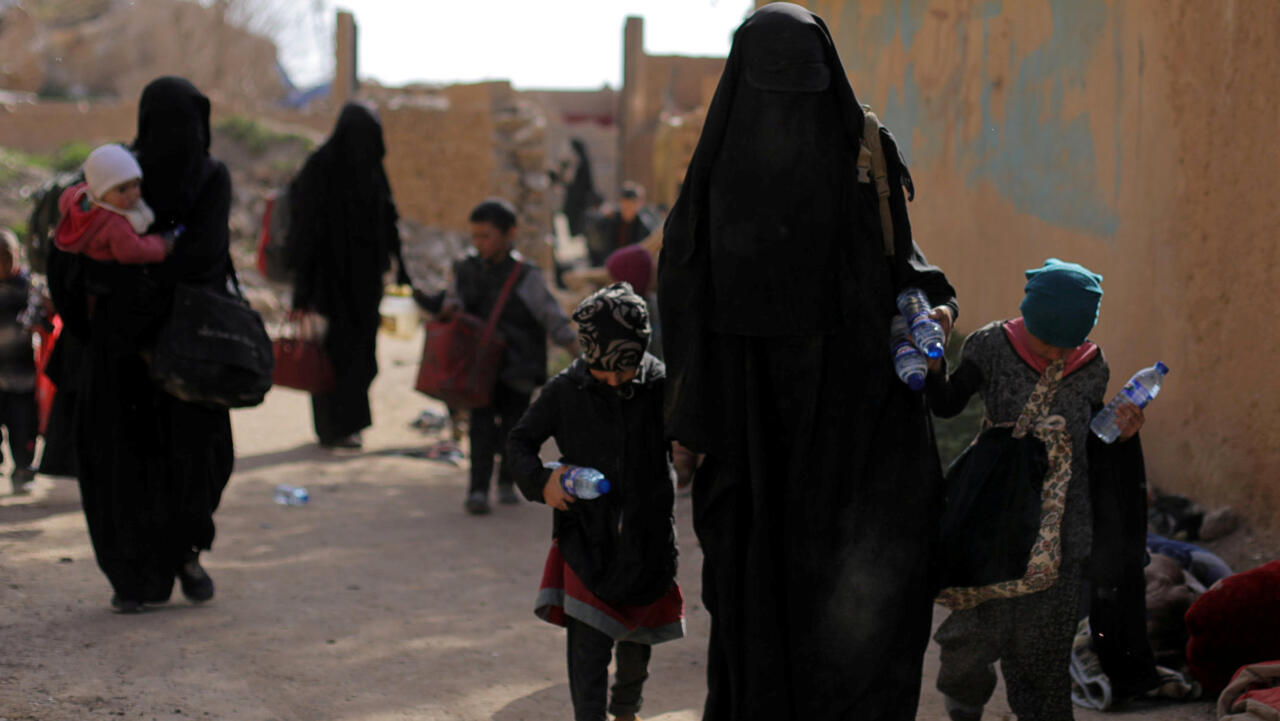Navigating Complexity: Approaches to Repatriation and Reintegration of Foreign Fighters from ISIS-Controlled Territory
Author: Reine Radwan
Editor: Meg-Ann Lenoble
September 2024
The complex and multifaceted issue of repatriating and reintegrating foreign fighters and their families from conflict zones, particularly from ISIS-controlled territory, presents significant challenges and requires nuanced approaches from the international community. Throughout this academic exploration, we have examined different national strategies – from France’s legal-centric approach to Denmark’s community-driven model and Kazakhstan’s security-focused measures – each of which offers unique insights into the complexities and dilemmas involved.
Key lessons emerge from these case studies. France’s strict legal framework underscores the importance of swift accountability but raises concerns about long-term rehabilitation and social integration. In contrast, Denmark’s Aarhus model highlights the effectiveness of community engagement and comprehensive support systems in promoting reintegration and preventing radicalisation. Kazakhstan’s approach, characterised by security measures and geopolitical considerations, emphasises the need to balance security imperatives with humanitarian obligations. Despite these different approaches, common challenges remain. Collecting of admissible evidence, establishing legal jurisdiction, and ensuring human rights in conflict zones and in the reintegration process remain formidable obstacles. Moreover, the social stigma and political challenges associated with reintegrating individuals associated with “terrorist” organisations require careful navigation.
Moving forward, effective reintegration strategies must prioritise individualised approaches tailored to the specific needs and circumstances of returnees. This includes robust risk assessments, the need for services that construct alternative narratives to violent extremist religious ideologies, comprehensive support mechanisms that include legal, psychological, and social dimensions, and the promotion of community understanding and acceptance. International cooperation and adherence to legal standards are essential to ensure accountability, protect human rights, and mitigate security risks worldwide. Ultimately, addressing the reintegration of foreign fighters requires a balanced and holistic approach that not only safeguards national security but also upholds humanitarian principles. By learning from past experiences and leveraging best practices, the international community can pave the way for sustainable peace, resilience, and social cohesion in post-conflict societies. Most importantly, countries should remain responsible for their own populations, allowing them to return and engaging them on the basis of these best practices to enable their reintegration into society.
Download the paper








